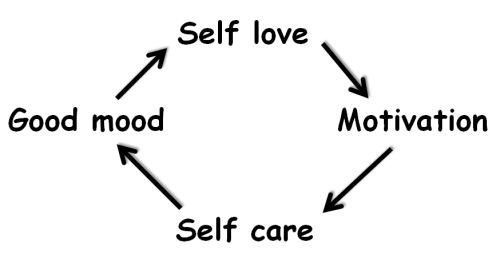Calm mind brings inner strength and self-confidence, so that’s very important for good health.
~Dalai Lama
Fifty years ago our then president, President Lyndon Johnson declared February as American Heart Month. Since that time, the rate of deaths in America caused by cardiovascular diseases has dropped by almost 1 million people per year. February is also the month for lovers with Valentines. So it seems only natural to focus on the heart and how to help keep yours healthy. The American Heart Association recommends seven activities: exercise, eating better, losing weight, managing your blood pressure, reducing your blood sugar and stopping a smoking habit.
Maintaining good emotional and mental health is just as important as your physical health
Learning to express your emotions is not only good for your relationships, but can improve your overall health. The brain is a muscle, and just like other muscles in the body, the brain needs to be exercised to stay healthy. Tapping into emotions and learning how to communicate them effectively works those brain muscles, helping to keep them alert and healthy. In addition, expressing your emotions will help you maintain a healthy emotional balance, which will have a positive effect on your relationships with others.
Our bodies reflect what we think about and focus on
I have mentioned previously that holding on to anger can affect your weight. Excess weight is a strain on the heart and the brain! One of the best things you can do for your heart, your brain and your emotions is to move! Get out there and play. This year for Valentines why not take your one true love on an active date, whether it is bicycling, walking through a park or a round of golf? I am a big believer that giving activities as a gift is a great way to give something memorable. Imagine giving tennis or dance lessons to your sweetie. You can attend together and keep the spark alive, while improving your health.
If there isn’t a special someone in your life right now, treat yourself to some loving. Get out and volunteer. Nothing makes the heart feel better than doing a good deed and helping others who are in need. Use the day to celebrate the gift of giving. Often what happens is the volunteer gets as much (sometimes more) benefit as the recipient. I even know of a couple who met while volunteering, that was an unexpected benefit for sure!
Use this month and the heart healthy awareness as a way to start healthy new ways of thinking. Write down things that you are grateful for before bed at night. You will sleep better and awaken feeling more upbeat. If you have that someone special, begin to make a list of all the ways you love them. Find reasons to smile and to laugh, every day. Share those with family and friends.
Get a stress-busting hobby
You can’t avoid stress entirely. It’s part of a normal life. But you can choose how you deal with it. Managing stress in a healthy way, whether it’s meditation, yoga, or knitting, is really important. Hobbies are often thought of as activities for people who lead quiet, relaxed lives. However, people with full, busy, even stressful lives may need hobbies more than the average person, and benefit greatly from having hobbies in their lives.
One study found that those who engage in physical leisure activities for at least 20 minutes once a week are less susceptible to fatigue. Other research found that enjoyable activities performed during leisure time were associated with lower blood pressure, total cortisol, waist circumference, and body mass index, and perceptions of better physical function. Such activities were also correlated with higher levels of positive psychosocial states and lower levels of depression.
Make changes, pick just one to start. Notice how much better you feel after the change becomes a part of your routine and then you can add another. I encourage you to listen to hypnosis audios for a change of heart as well. Hypnosis can assist you in making those changes a permanent part of your life. A heart healthy and happy life!





